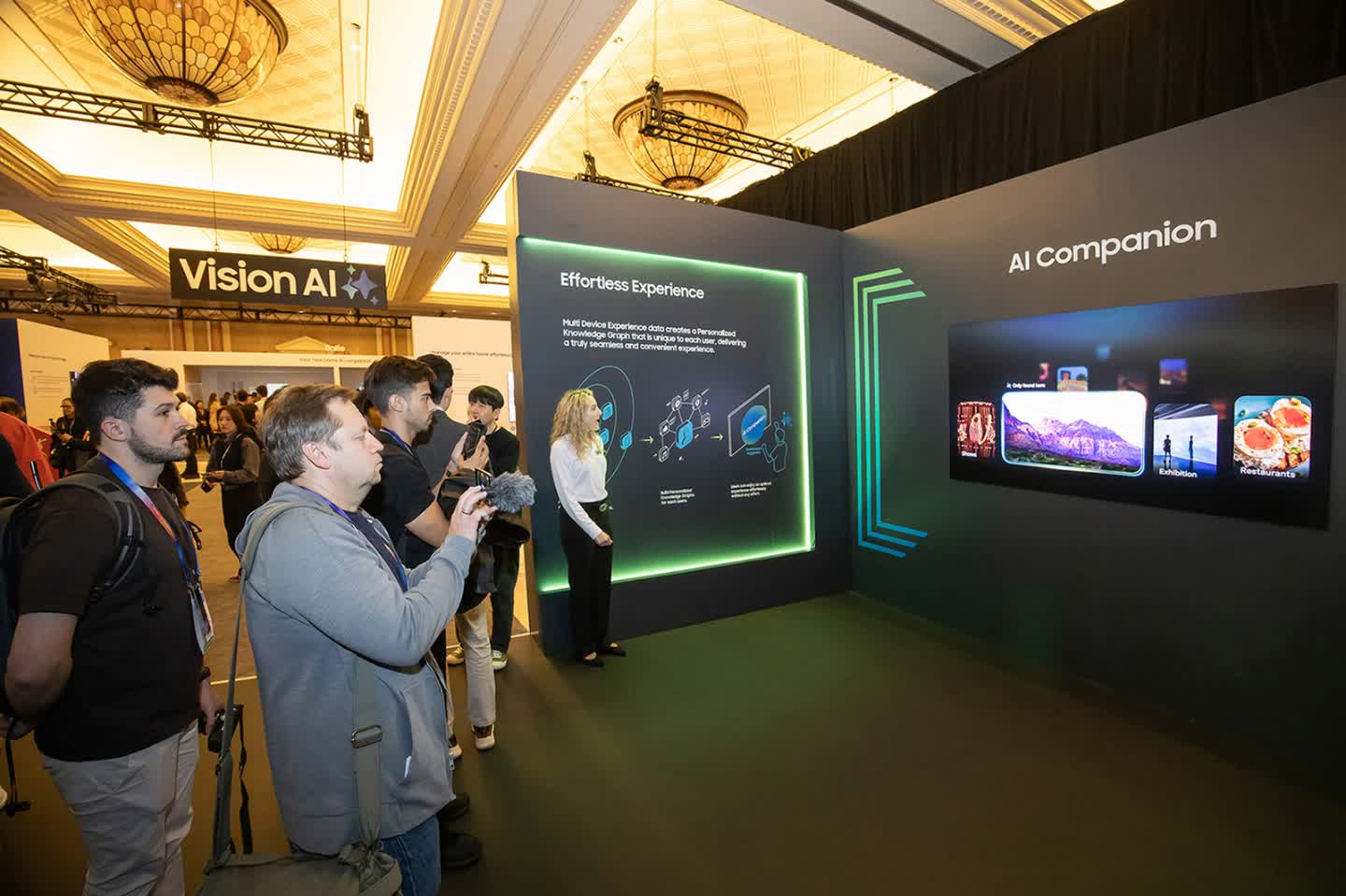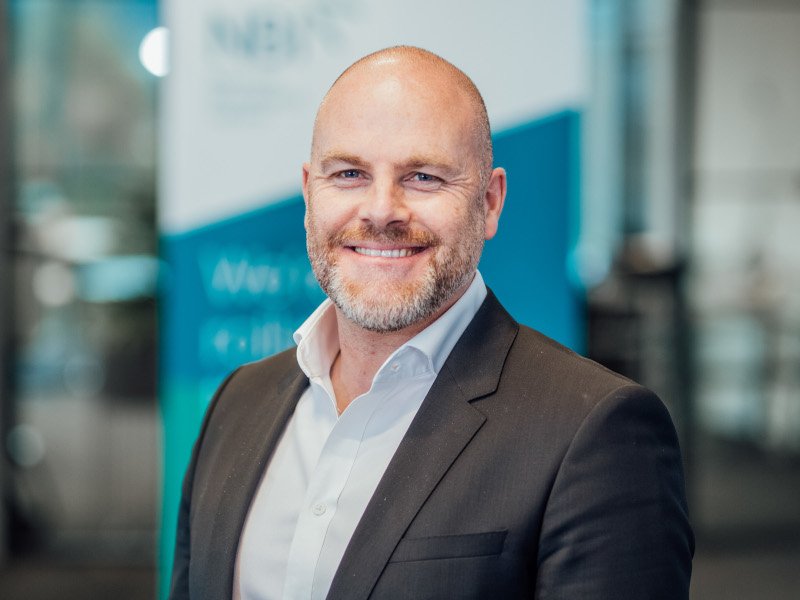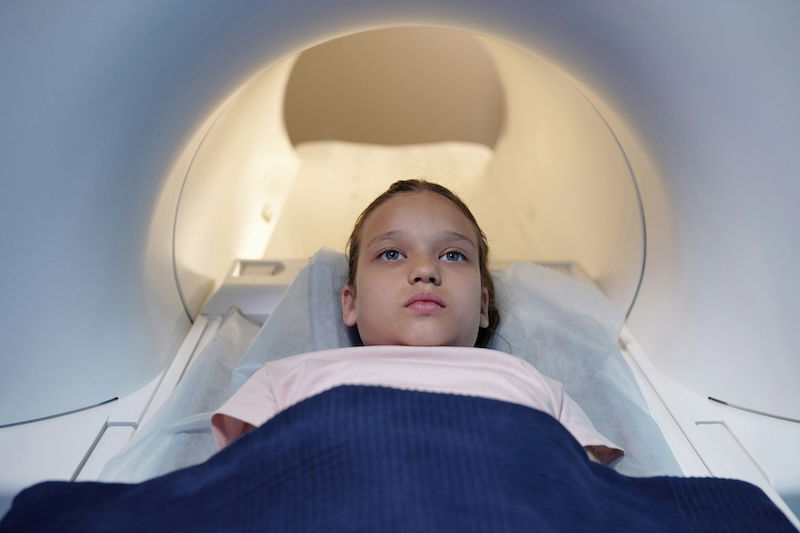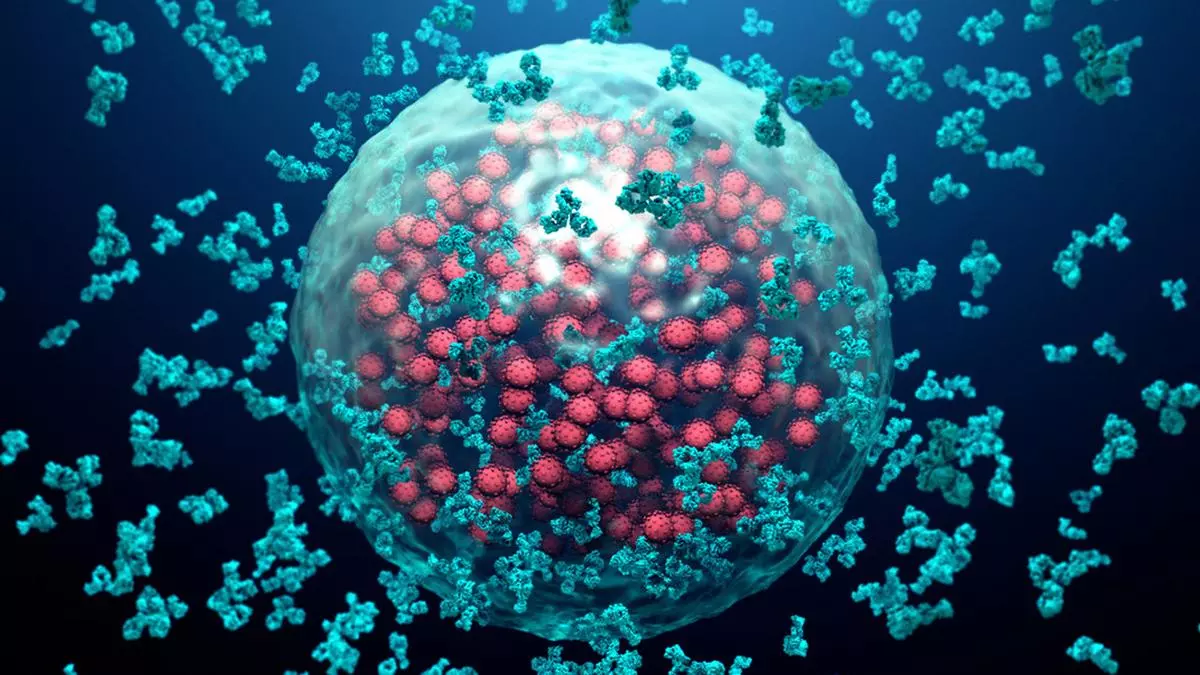
Microsoft Corp. has previewed a new data center design that will significantly reduce the amount of water necessary to cool its servers.
Steve Solomon, the company’s vice president of data center infrastructure engineering, detailed the technology in a Monday blog post.
Water absorbs a significant amount of heat from the surrounding air when it evaporates. Many data center operators take advantage of the phenomenon to dissipate the heat generated by their hardware. Evaporation cooling, as this approach is known, is one of the most power-efficient ways to cool servers.
The heat generated by a server cluster raises air temperatures in the data center where it’s installed. Evaporation cooling systems use fans to draw this hot air into a container filled with water. When the water in the container evaporates, the air’s temperature drops so sharply that the fans can draw it back the data center to cool the servers inside.
Evaporation cooling uses less electricity than certain other heat dissipation methods. The downside is that the evaporated water is lost, which increases data centers’ environmental impact. Microsoft’s newly unveiled data center design is designed to address the challenge.
Similarly to standard evaporative cooling systems, Microsoft’s design uses water to regulate data center temperatures. The difference is that it doesn’t evaporate the water but rather cools it with chillers, which means no liquid is lost. The result is a significant reduction in data center water consumption.
“While water is still used for administrative purposes like restrooms and kitchens, this design will avoid the need for more than 125 million liters of water per year per datacenter,” Solomon detailed.
The expected reduction in usage will come on top of the already significant water savings Microsoft has achieved over the past few years. In 2023, the company’s data centers consumed about 0.49 liters of water for every kilowatt of power they used. That’s down 39% from 2021 and 80% better than Microsoft’s first-generation data centers.
The company reduced its water usage through several different methods.
In July, Microsoft disclosed that it operates much of its data center equipment at relatively high temperatures. That allows it to cool the hardware with outside air most of the year. Additionally, Microsoft has equipped some data centers with hardware that makes it possible to use recycled water and rain.
Microsoft’s push to cut its water usage also has a software component. Earlier this year, it detailed that it’s developing “predictive models” designed to forecast how much water a data center should use on a given day. If the facility ends up using more, engineers can quickly determine that there is an inefficiency such as a leaking pipe and fix it.
The conpany is also working to make its data centers more efficient in other ways. For servers equipped with its custom Maia 100 chips, the company has developed a cooling “sidekick” that circulates coolant through the system to which it’s attached. This arrangement is considerably more efficient than using fans because liquid conducts heat better than air.
Currently, the coolant doesn’t flow directly through Microsoft’s chips but rather cools cold plates attached to those chips. The company intends to change that in the future using so-called microfluidics technology. The plan is to design chips with microscopic channels that will allow coolant to flow directly through the silicon, which should further boost data center efficiency.
“Although our current fleet will still use a mix of air-cooled and water-cooled systems, new projects in Phoenix, Arizona and Mt. Pleasant, Wisconsin, will pilot zero-water evaporated designs in 2026,” Solomon wrote. “These new sites will begin coming online in late 2027. “
Photo: Microsoft
Your vote of support is important to us and it helps us keep the content FREE.
One click below supports our mission to provide free, deep, and relevant content.
Join our community on YouTube
Join the community that includes more than 15,000 #CubeAlumni experts, including Amazon.com CEO Andy Jassy, Dell Technologies founder and CEO Michael Dell, Intel CEO Pat Gelsinger, and many more luminaries and experts.
THANK YOU










Leave a Comment